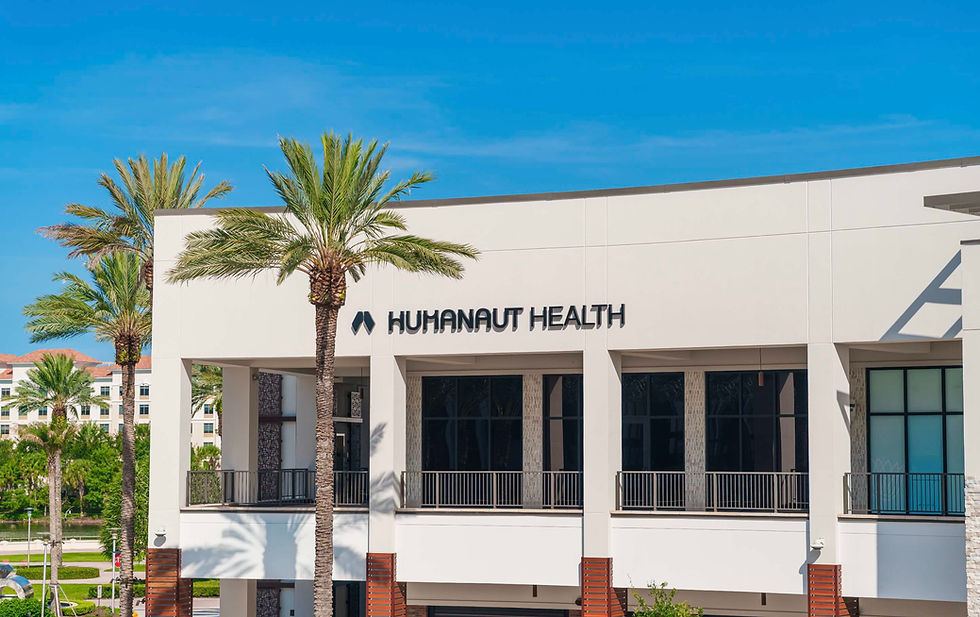$1.5 billion Miami Riverbridge project will feature a trio of towers, a 700-foot sky bridge with a restaurant, a revamped 500-foot Riverwalk, and a new Hyatt hotel
- Jake Nicholas

- Feb 20, 2024
- 2 min read
A transformative project, the Miami Riverbridge initiative, is underway in the heart of Miami, set to redefine the downtown skyline with its innovative design and ambitious scope. This $1.5 billion development, centered around a trio of towers including a remarkable supertall skyscraper, aims to replace the current Hyatt Regency. Its most striking feature, a Skybridge suspended 700 feet above ground, connects two of the towers, offering a unique dining and lounge experience with unparalleled views of Miami, blending functionality with opulence.

Envisioned to rejuvenate Miami's waterfront, the project introduces a revamped 500-foot Riverwalk, a new flagship Hyatt Regency hotel with 615 rooms, extensive meeting spaces, and over 1,500 residential units. It promises to invigorate the area with accessible retail, dining, and entertainment options along the Miami River, offering a dynamic riverfront to both residents and visitors.
With the introduction of 1,500 rental units, a flagship Hyatt Regency, and 264 serviced accommodations, the development diversifies Miami's residential and hospitality landscape. The strategic inclusion of a supertall tower, soaring to 1,049 feet, aims to enhance ground-level public spaces and ensure residents enjoy breathtaking views, enriching the urban experience.
The deliberate variation in the heights of the towers reflects a thoughtful urban design strategy, creating a skyline that is both dynamic and harmonious. This approach highlights the project's commitment to not just architectural innovation but also to fostering community engagement and accessibility.
This ambitious redevelopment, approved by Miami commissioners through a 99-year lease, will replace the 40-year-old Hyatt Regency hotel and James L. Knight Center on city-owned land near the Miami River's mouth. The project not only aims to enhance the skyline but also to contribute significantly to the community by upgrading a 480-foot public riverfront promenade, introducing below-market rental apartments, and committing $25 million towards affordable housing initiatives.
Additionally, plans include accommodating minority-owned businesses in 20% of a planned food hall area, ensuring local representation and support for historic buildings in Fort Dallas Park.
The unanimous approval by the Miami City Commission reflects the project's potential to improve downtown Miami's riverfront, increase housing options, and expand meeting spaces, aligning with the city's goals for growth and development.
The riverfront revival is expected to rise within five years. The first two towers are due by the end of 2028, and the third by the end of 2029.
Sign up for Florida of Tomorrow's free newsletter below to receive the latest real estate and new business information shaping the Florida of Tomorrow.














